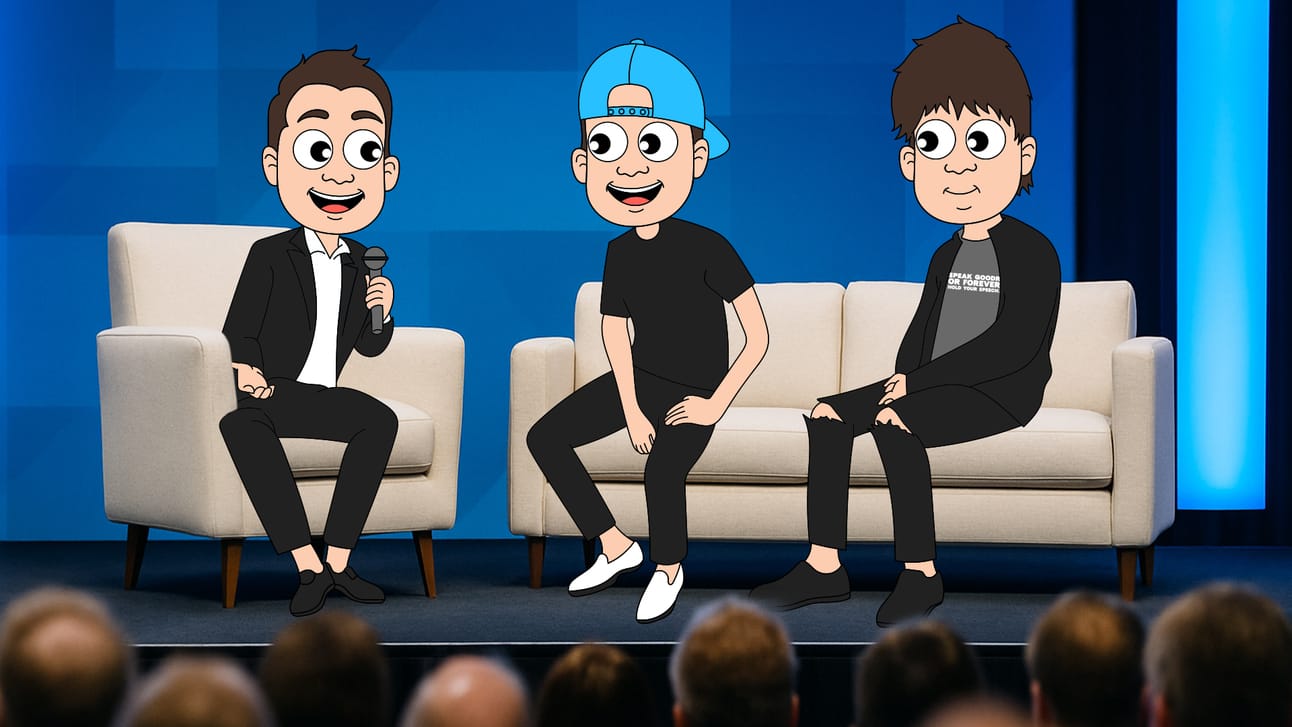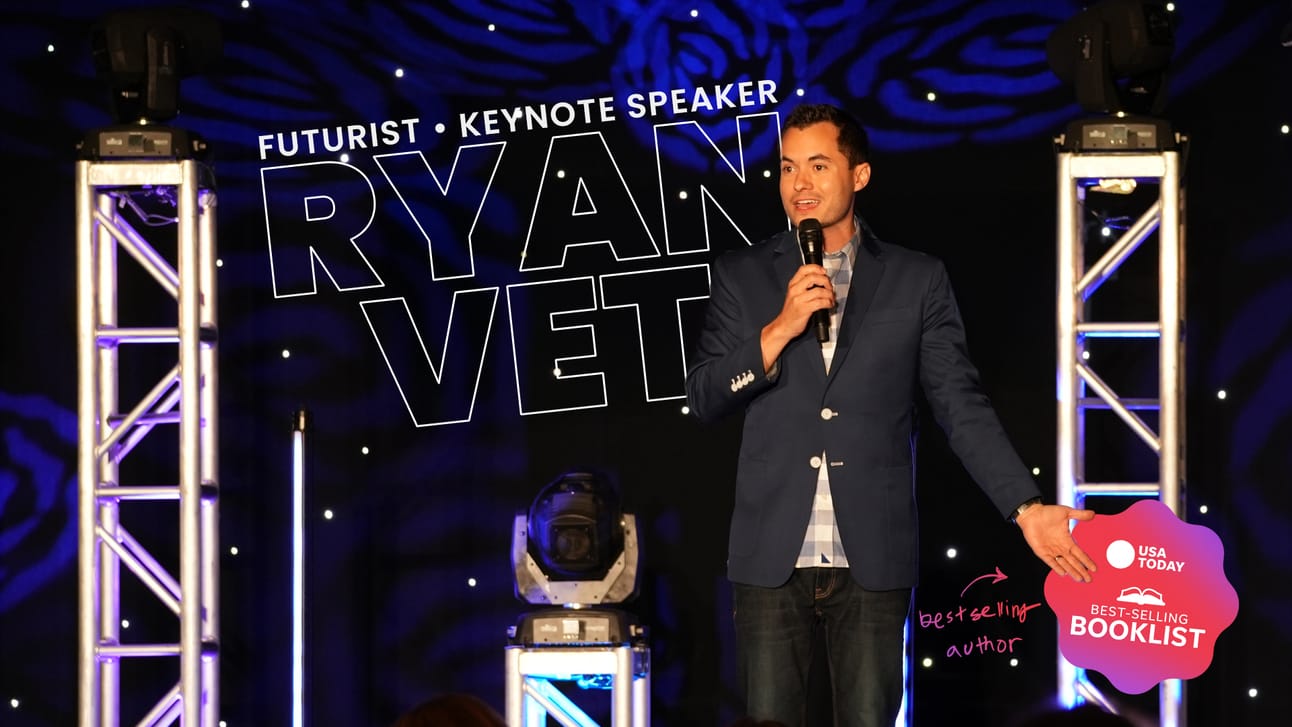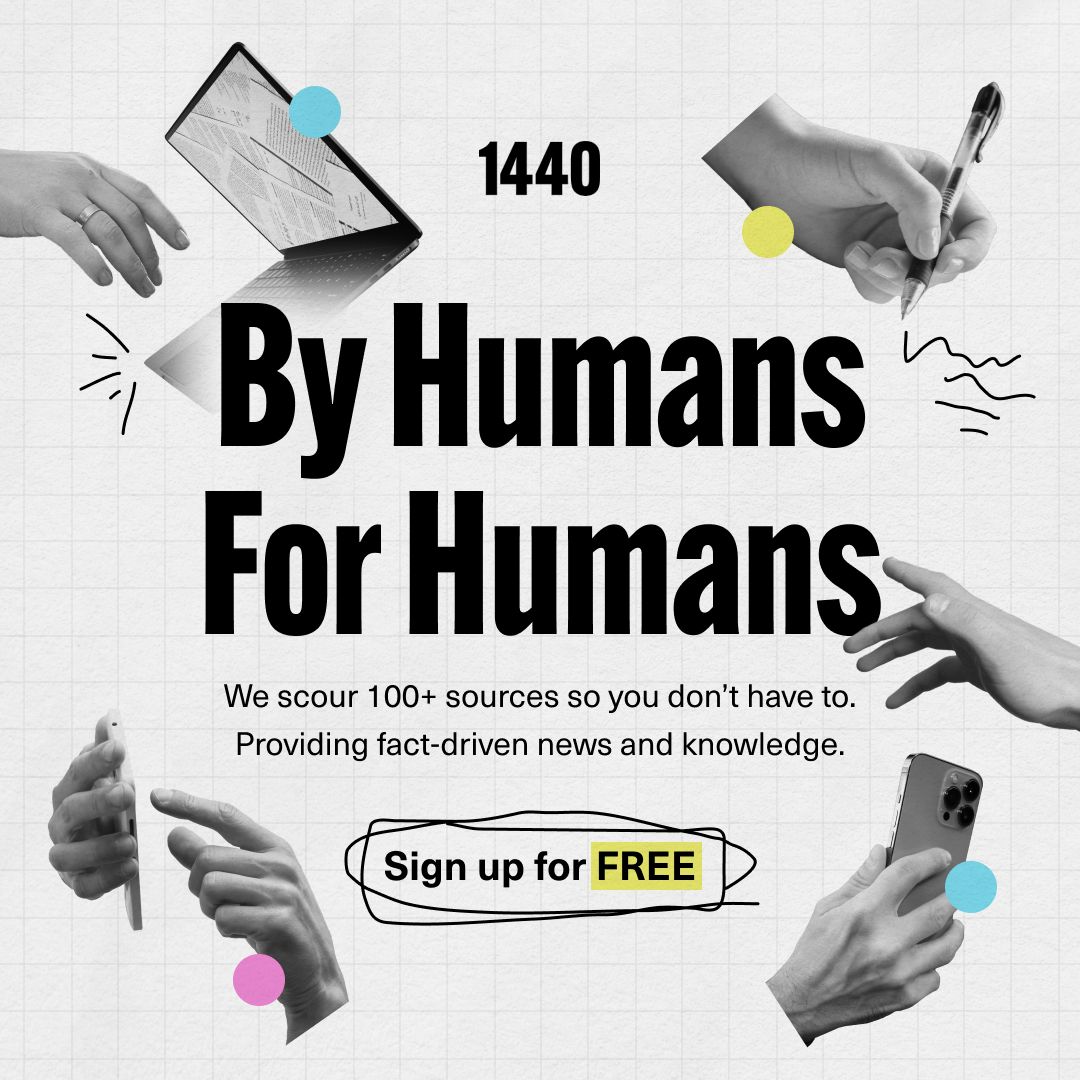- Speak Goodr - Mic Drop
- Posts
- Is the Keynote Dead?
Is the Keynote Dead?
How Conferences and Speakers Are Being Forced to Evolve with Changing Demands of Audiences and Younger Generations.
Once the crown jewel of any major event, the traditional keynote speech is starting to feel… outdated.
Don’t get me wrong, keynotes are still around.
However, what audiences expect from a keynote today bears little resemblance to what they expected twenty, even ten, years ago.
Let’s walk through the evolution together and see what it means for event professionals and speakers.
Over the last 25 years, our collective attention spans, content habits, and event preferences have shifted.
Gone are the 90-minute monologues. In their place? Short and sweet 20-minute talks, interactive panels, and dynamic, curated experiences. And if you ask me, that’s a good thing.

From Marathons to Micro-Moments
In the late 1990s and early 2000s, it was common for events to book keynote speakers for 60–90 minutes. I still remember being asked to deliver 3–4 hour workshops early in my career. I hated them. Not because I didn’t have content to share, but because I knew attendees couldn’t retain it all. Today, I’m regularly asked to deliver 20–30 minute keynotes, and I love it.
This trend isn’t anecdotal. TED’s 18-minute model redefined what makes a presentation effective, showing that big ideas don’t need big time slots. And the industry has followed. A 2024 survey found that nearly half of event organizers consider 45 minutes to be the upper limit for in-person presentations, with a growing preference for talks under 30 minutes (Professional Convention Management Association [PCMA], 2024).
Why It’s Happening
Yes, attention spans play a role. But it’s not that we can’t focus, it’s that we’ve been trained to consume differently. We listen to podcasts at 2x speed (or at least I do), scroll past videos that don’t grab us in three seconds, and digest panel discussions through Instagram Reels or YouTube Shorts. The idea of sitting passively for a full hour feels increasingly foreign, especially for younger generations.
The TED Talk, the podcast interview, and the highlight reel have shaped modern expectations. Today, people want experiences, not lectures. They don’t want to travel across the country to watch someone deliver content they can access for free online in bite-sized form (EventGroove, 2023).
Formats Are Shifting…Fast
Keynotes aren’t disappearing, but they’re being reframed. Main stages now often feature back-to-back short talks instead of one long one. Panels and fireside chats (once secondary) have become highlights. They’re unscripted, conversational, and dynamic. You get multiple viewpoints in one sitting, often including debate, which encourages open thinking and audience participation.
Breakouts and workshops still exist, but they’ve also evolved. Rather than academic-style lectures, modern breakouts focus on peer interaction, roundtables, and real-time application. People don’t just want to be informed; they want to engage.
Generations Are Driving the Shift
There’s a reason this shift is accelerating. Millennials and Gen Z have grown up with frictionless access to information. They don’t need gatekeepers or gurus to tell them what to think. They want facilitation, not just information. They value diverse opinions, concise takeaways, and flexible formats. They expect speakers to involve them (PCMA, 2023).
Older generations still value the gravitas of a keynote, but even they are reaping the benefits of shorter sessions. A recent study found that the “sweet spot” for information retention during live presentations is about 10 minutes before attention begins to wane unless the speaker re-engages with something new (GoGather, 2024). This isn’t a generational flaw. It’s brain science.
New Speaker Reel!Excited to be unveiling my new speaker reel today! |
What This Means for Speakers
As a speaker, I’ve had to tighten my narrative, clarify my core message, and stop relying on filler. In a 20-minute slot, you have no choice but to deliver one idea clearly. And that’s what audiences remember anyway. Research shows that people retain only about 10% of a presentation, and that number jumps to about 30% if they write it down (Heath & Heath, 2007). As an aside, the book these stats comes from, Made to Stick, is one of my favorite books ;)
That’s why I encourage speakers to stop aiming for information density and start aiming for clarity. What’s your through line? What’s the one message people should walk away with? That’s your real job as a speaker, not to fill a time slot.
Is the Keynote Dead?
Not quite. But it’s being reborn.
If anything, we’re seeing a renaissance in the role of the speaker, driven not by tradition, but by experience. The best events today don’t just book a name for a slot. They design moments: immersive, diverse, high-energy formats that leave people talking. The speakers that thrive in this new world aren’t just talented, they’re intentional. They understand storytelling. They know how to engage. And they’re not afraid to do less, better.
When I design events now, I try to mix formats: short keynotes, interactive panels, dynamic hosts, and entertainment sometimes even magicians or musicians between speakers. It’s not about gimmicks. It’s about giving the brain a break so the message can land.
We’re not living in the age of attention deficit. We’re living in the age of intentional engagement. And the sooner we design conferences—and presentations—with that in mind, the more powerful they’ll become.
Thanks for reading!

Fact-based news without bias awaits. Make 1440 your choice today.
Overwhelmed by biased news? Cut through the clutter and get straight facts with your daily 1440 digest. From politics to sports, join millions who start their day informed.
Works Cited
EventGroove. (2023). Event industry statistics and trends. https://products.eventgroove.com/blog/articles/event-industry-statistics/
GoGather. (2024). Shorter attention spans aren’t to blame at your conference. https://gogather.com/blog/shorter-attention-spans-arent-to-blame-at-your-conference/
Heath, C., & Heath, D. (2007). Made to stick: Why some ideas survive and others die. Random House.
Professional Convention Management Association. (2023). Innovative forum formats. https://www.pcma.org/innovative-forum-formats/
Professional Convention Management Association. (2024). Survey explores speaker-planner dynamics. https://www.pcma.org/survey-explores-speaker-planner-dynamics/


Reply